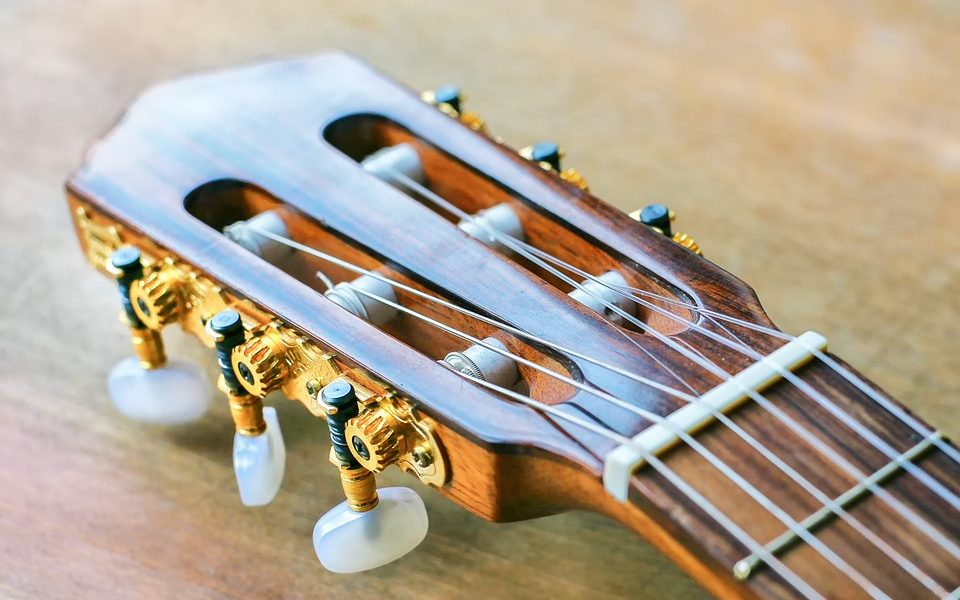Mastering Minor Scales: Essential Guitar Tips for Every Player
Mastering Minor Scales: Essential Guitar Tips for Every Player
As a guitarist, mastering minor scales is essential for expanding your musical repertoire and enhancing your overall playing skills. Minor scales add depth, emotion, and complexity to your music, allowing you to create captivating melodies and impressive solos. In this article, we will provide you with essential guitar tips for mastering minor scales and taking your playing to the next level.
Understanding Minor Scales
Before diving into the tips for mastering minor scales, it is important to understand the basics of minor scales. Minor scales are derived from the natural minor scale, which consists of seven different notes within an octave. The pattern of a minor scale is as follows: whole step, half step, whole step, whole step, half step, whole step, whole step.
There are three types of minor scales: natural minor, harmonic minor, and melodic minor. Each type of minor scale has its own unique characteristics and can be used to create different moods and sounds in your music. It is important to familiarize yourself with each type of minor scale and practice playing them regularly to improve your skills.
Tips for Mastering Minor Scales
1. Learn the Fretboard
One of the most important tips for mastering minor scales is to learn the fretboard of your guitar. Knowing the notes on the fretboard will help you identify the locations of the notes within each minor scale, allowing you to play them accurately and confidently. Practice playing scales in different positions on the fretboard to improve your knowledge and dexterity.
2. Practice with a Metronome
Practicing with a metronome is essential for improving your timing and rhythm when playing minor scales. Set the metronome to a comfortable tempo and play the scales slowly and accurately. Gradually increase the tempo as you become more comfortable with the scales, ensuring that each note is played evenly and with precision.
3. Focus on Technique
Mastering minor scales requires a strong focus on technique. Pay attention to your finger placement, hand positioning, and overall posture when playing the scales. Practice using alternate picking, hammer-ons, pull-offs, and slides to enhance your technique and add variety to your playing. Experiment with different techniques to find what works best for you and incorporate them into your practice routine.
4. Experiment with Phrasing
Phrasing is an important aspect of playing minor scales, as it allows you to express emotion and creativity in your music. Experiment with different phrasing techniques such as bends, vibrato, and slides to add depth and character to your playing. Focus on connecting each note smoothly and seamlessly to create a cohesive and melodic sound.
5. Memorize Scale Patterns
Memorizing scale patterns is crucial for mastering minor scales. Practice playing each minor scale in different positions on the fretboard and commit the patterns to memory. By familiarizing yourself with the scale patterns, you will be able to improvise and create your own unique solos with confidence and ease.
6. Play Along with Backing Tracks
Playing along with backing tracks is a great way to practice minor scales in a musical context. Choose backing tracks in different keys and styles to challenge yourself and improve your playing skills. Focus on playing the scales in time with the music and creating melodies that complement the backing track.
7. Listen to Guitarists
Listening to guitarists who excel in playing minor scales can provide inspiration and insight into how to approach and master the scales. Study the playing styles of guitarists such as Jimi Hendrix, Stevie Ray Vaughan, and Eric Clapton, who are known for their mastery of minor scales. Analyze their techniques, phrasing, and use of scale patterns to improve your own playing.
8. Practice Regularly
Consistent practice is key to mastering minor scales and becoming a proficient guitarist. Set aside dedicated time each day to practice scales, technique exercises, and playing along with backing tracks. Focus on areas that challenge you and continue to push yourself to improve your skills and expand your musical abilities.
Conclusion
Mastering minor scales is a fundamental skill for every guitarist looking to enhance their playing and musical creativity. By following these essential guitar tips and practicing regularly, you can improve your technique, phrasing, and overall musicality when playing minor scales. Experiment with different techniques, memorize scale patterns, and listen to inspiring guitarists to take your playing to the next level. Incorporate these tips into your practice routine and watch as your guitar skills flourish and evolve. Remember, mastering minor scales takes time and dedication, so be patient with yourself and enjoy the journey of becoming a more skilled and versatile guitarist.






